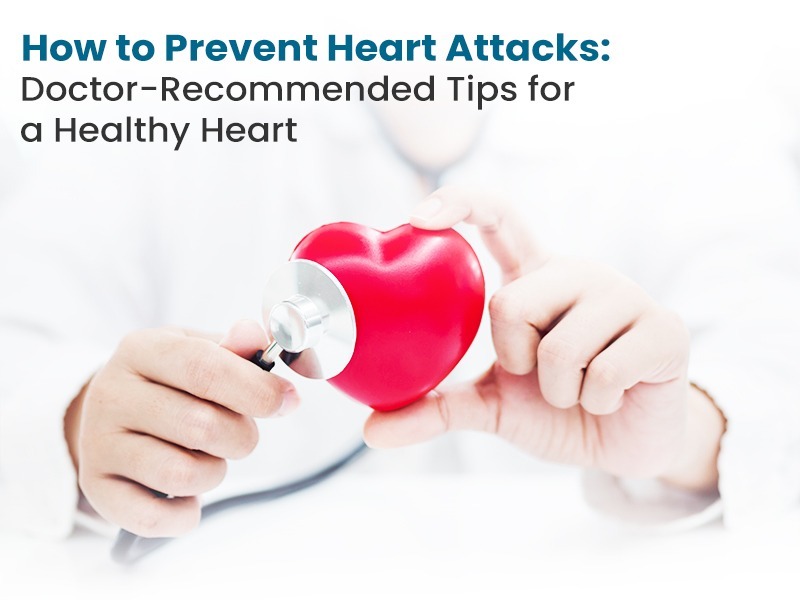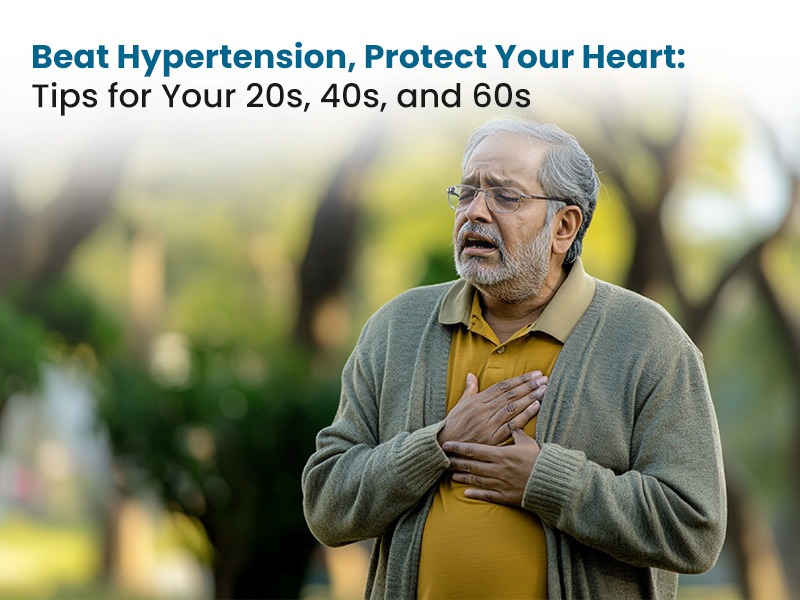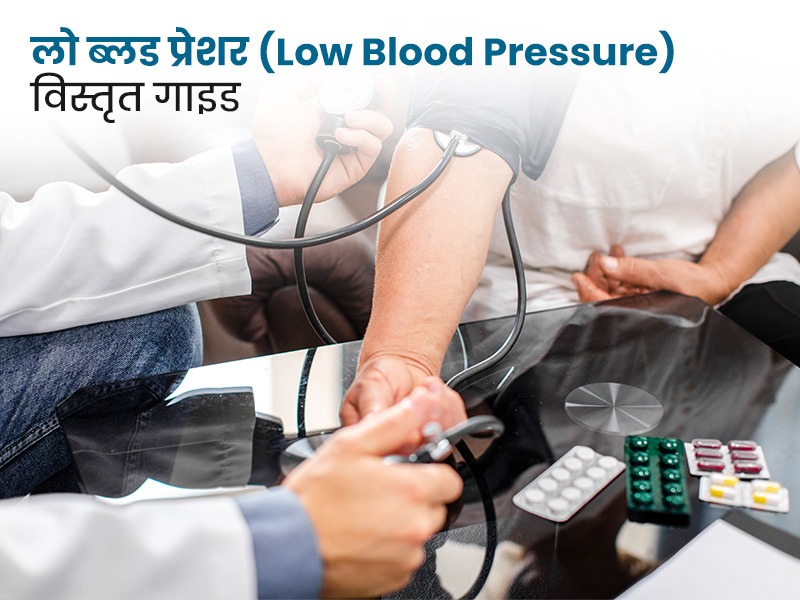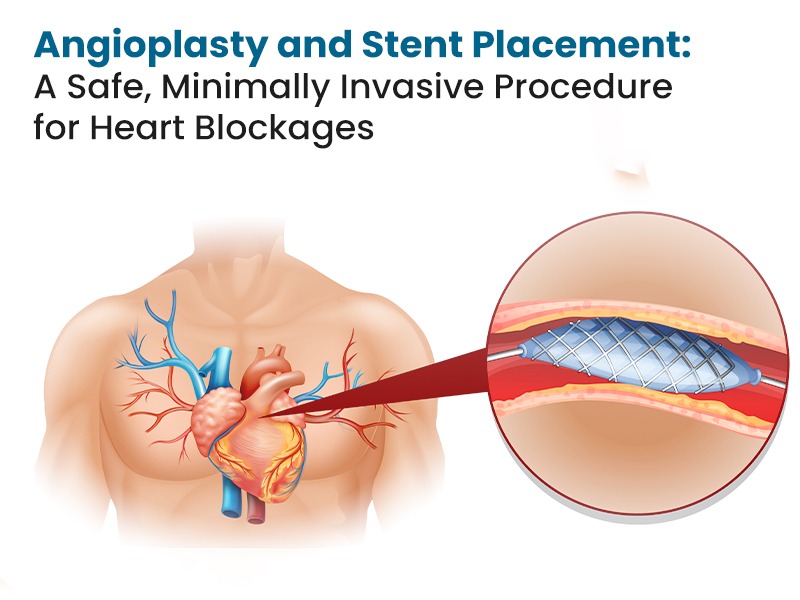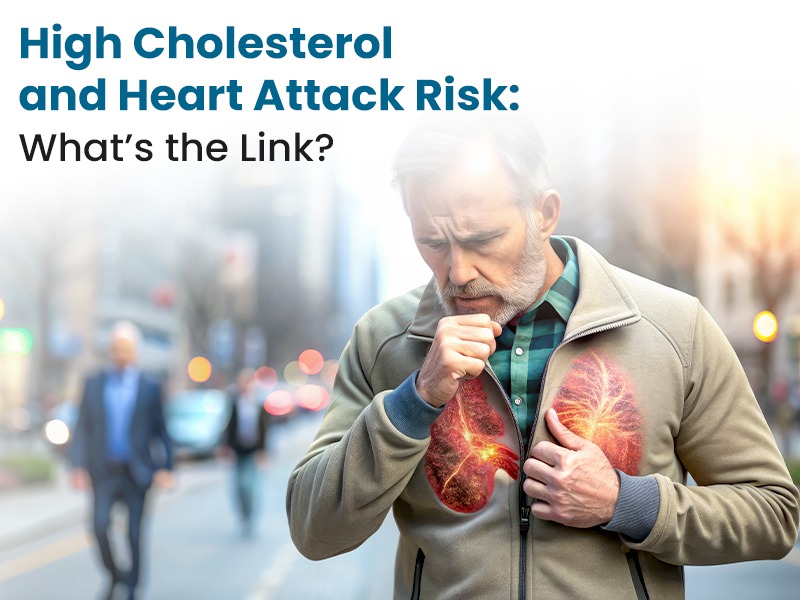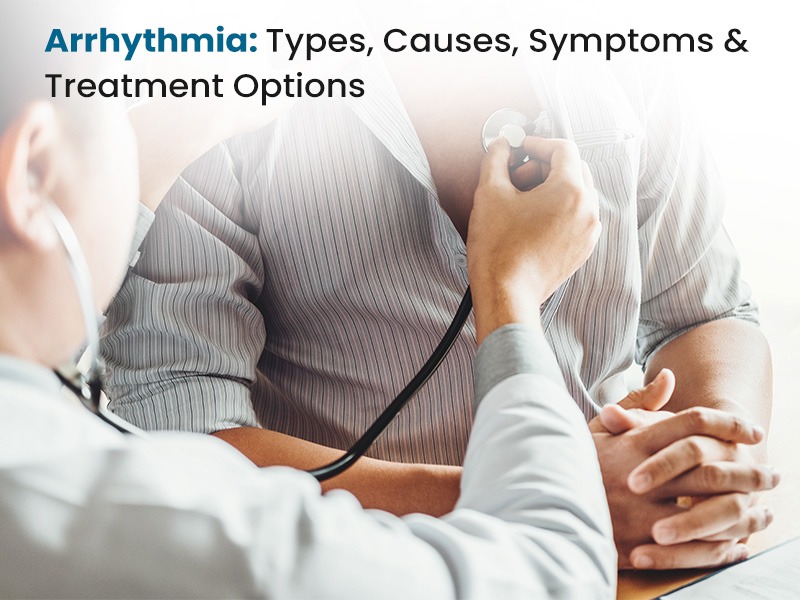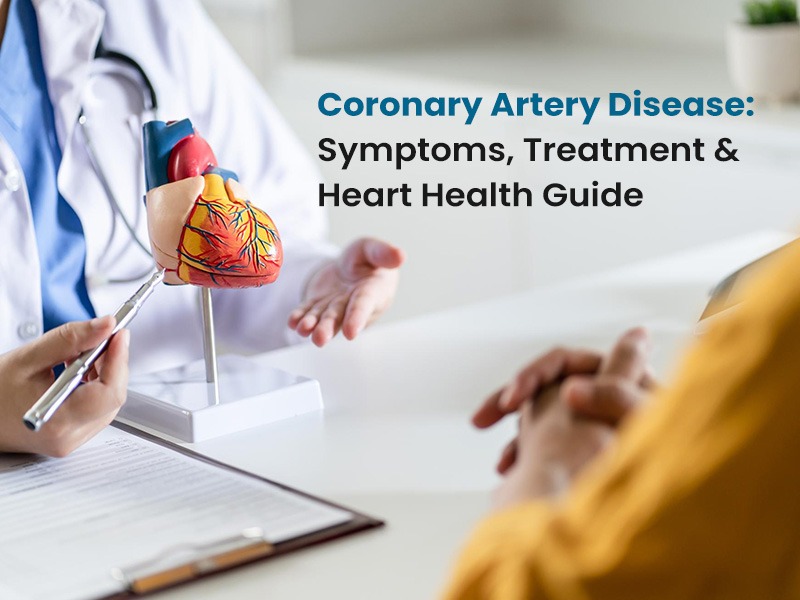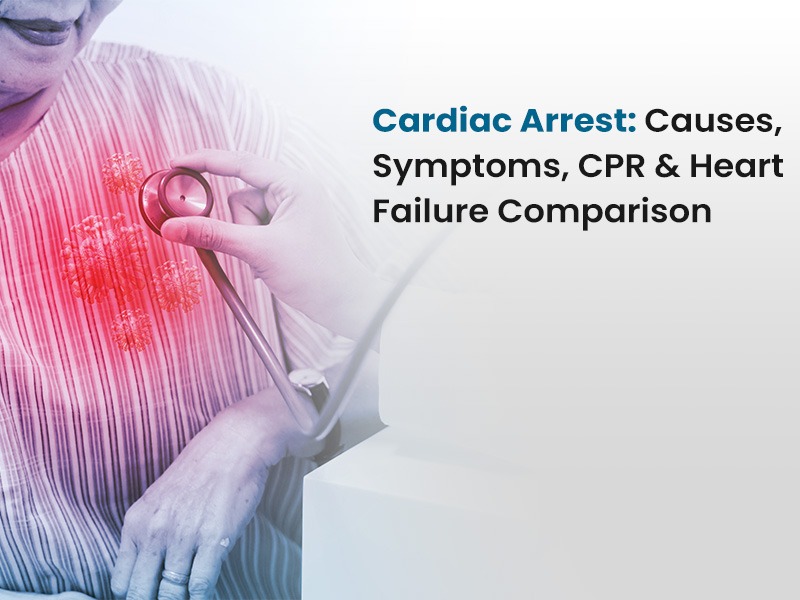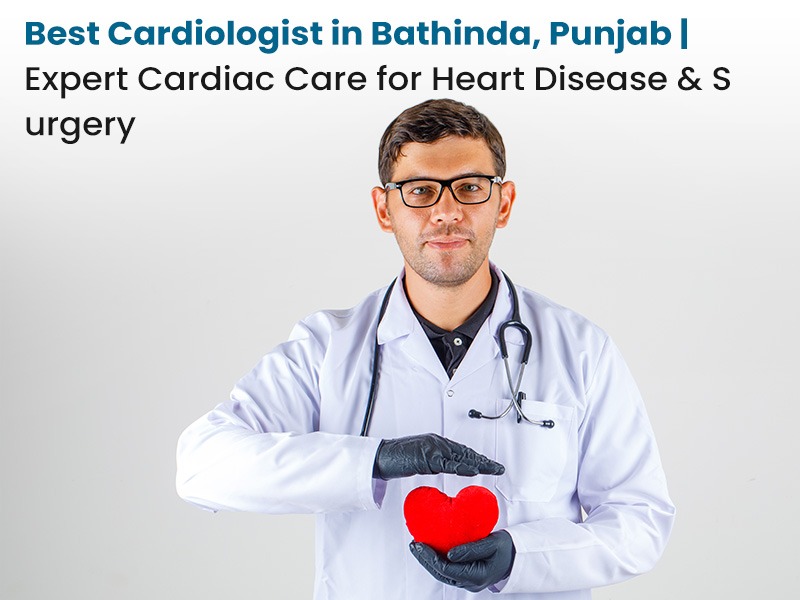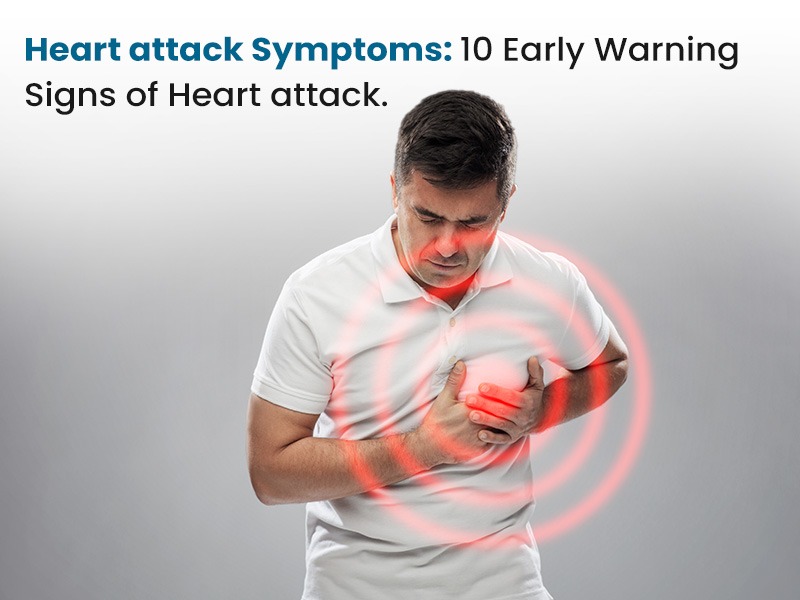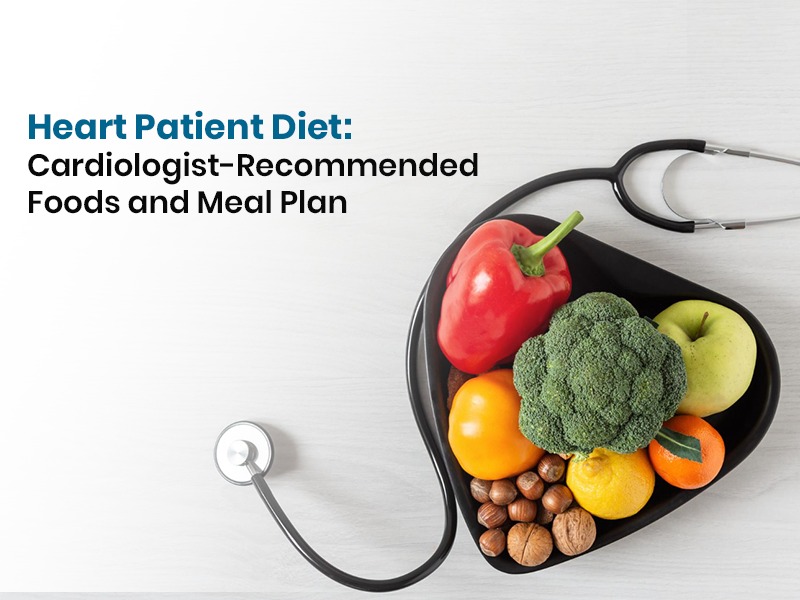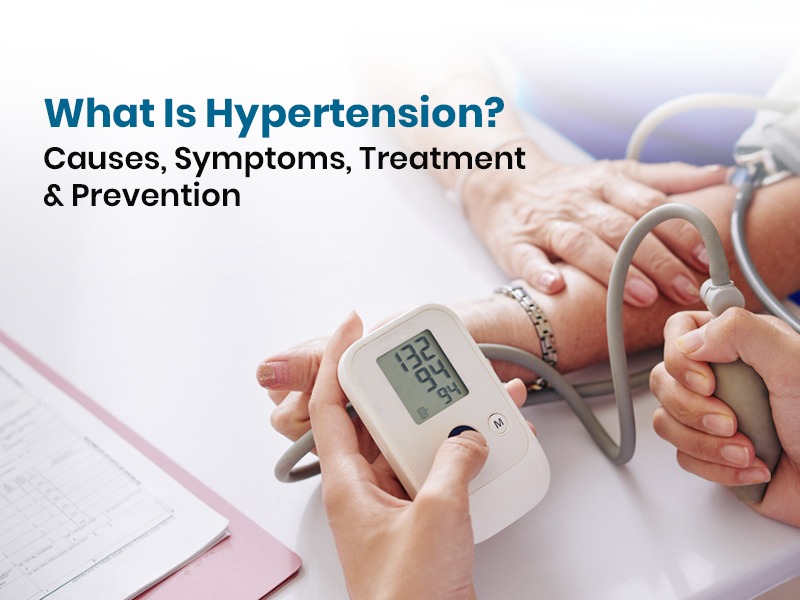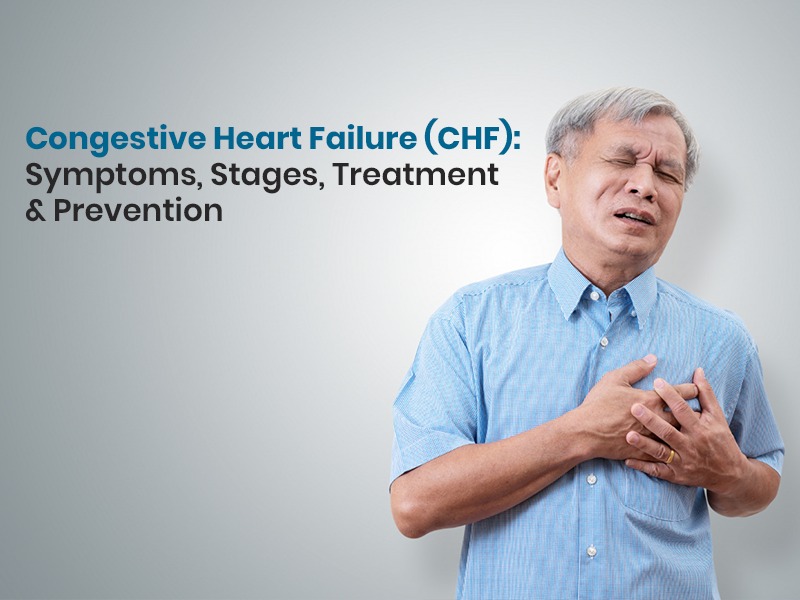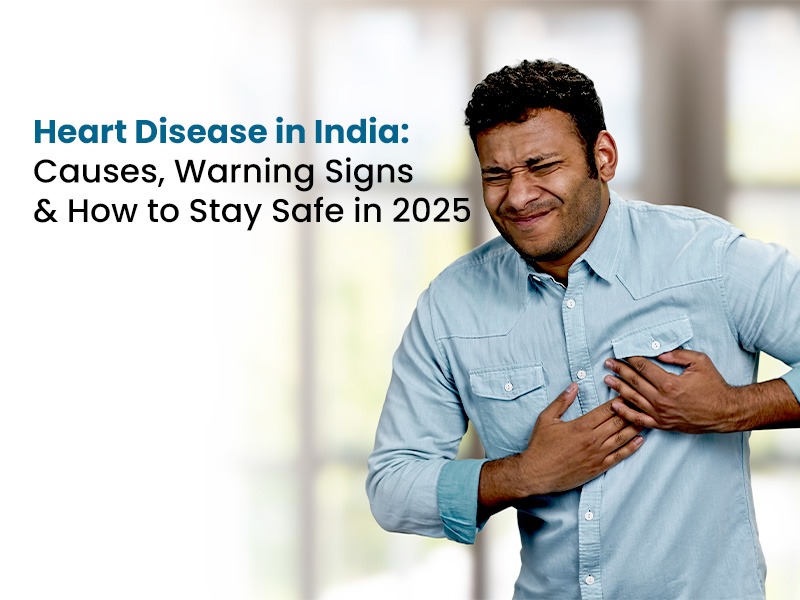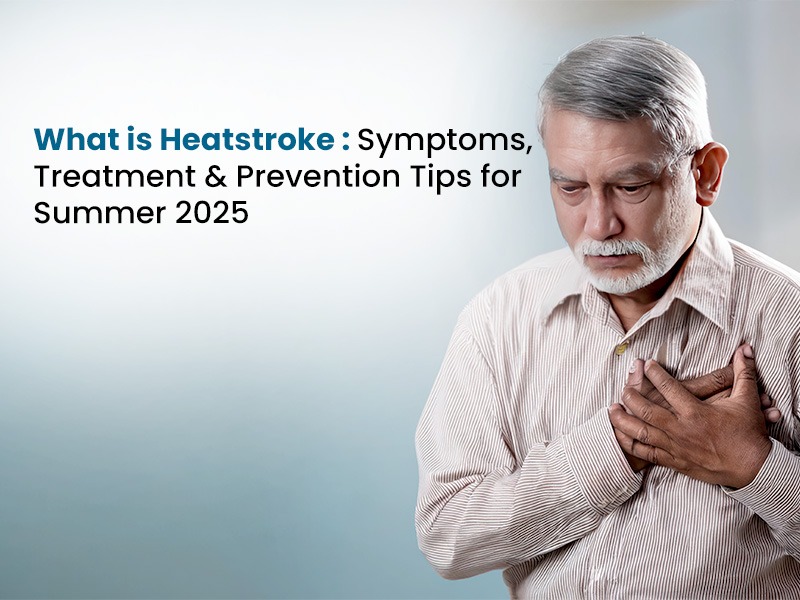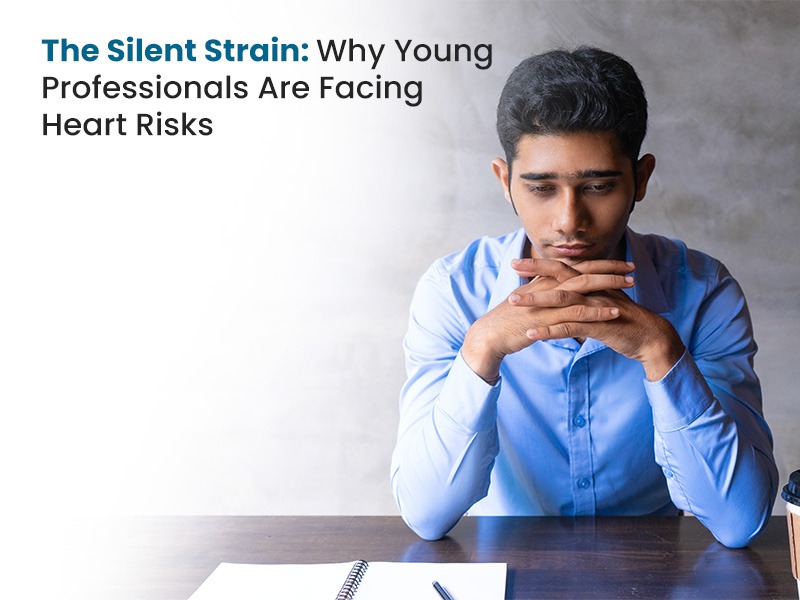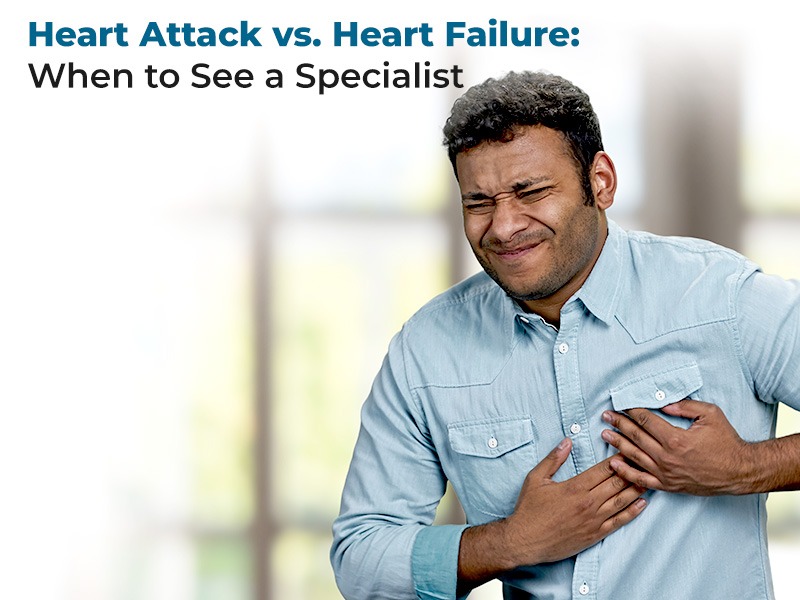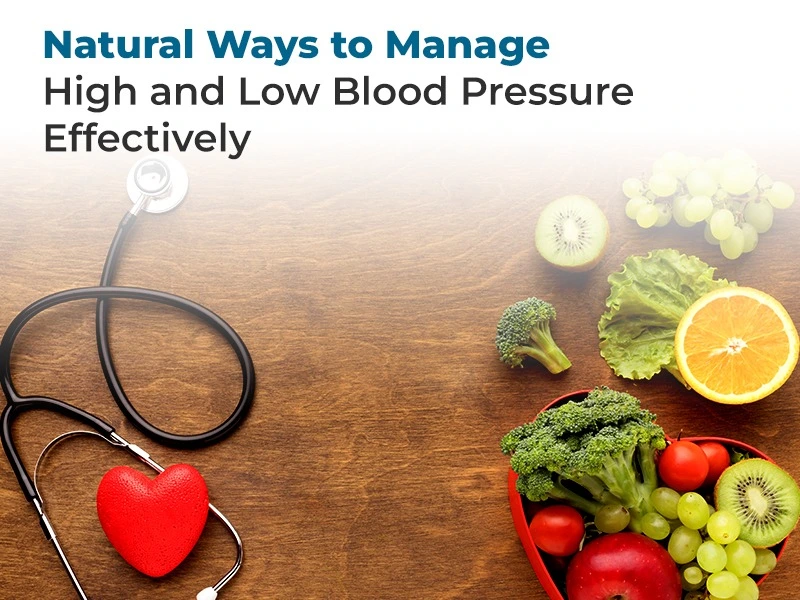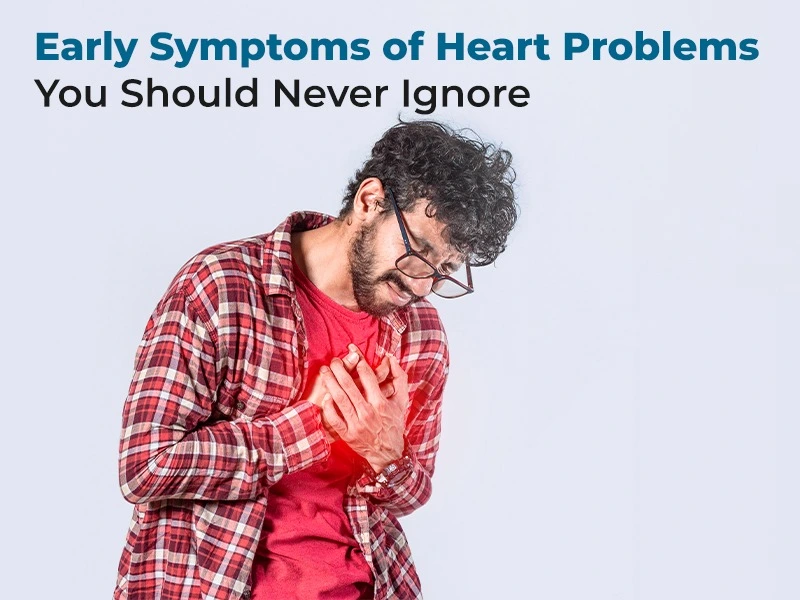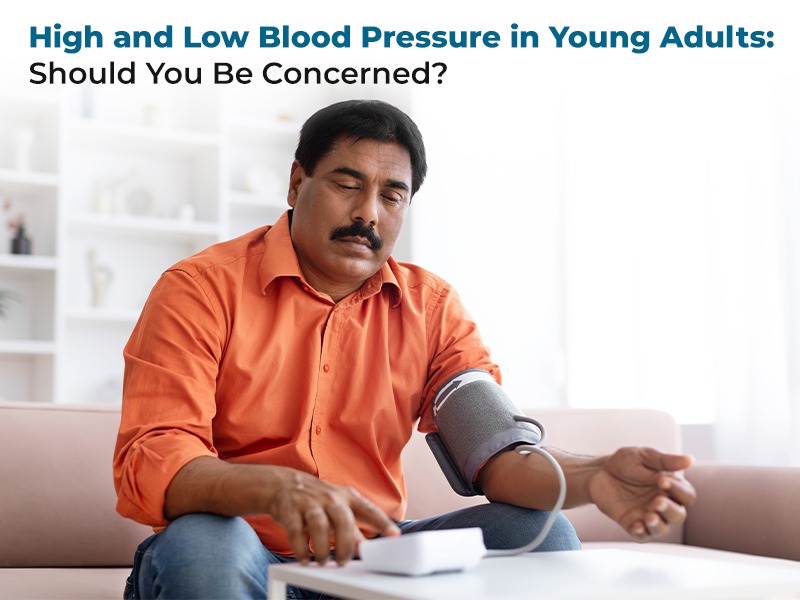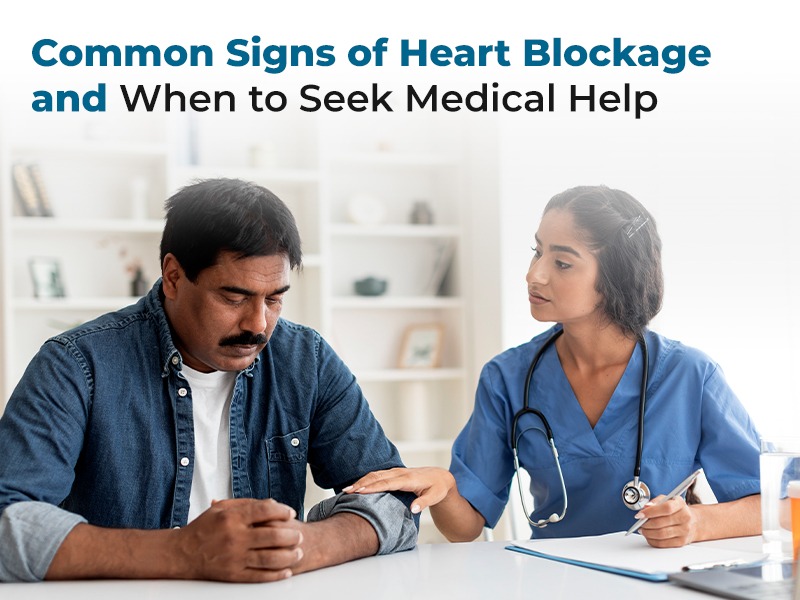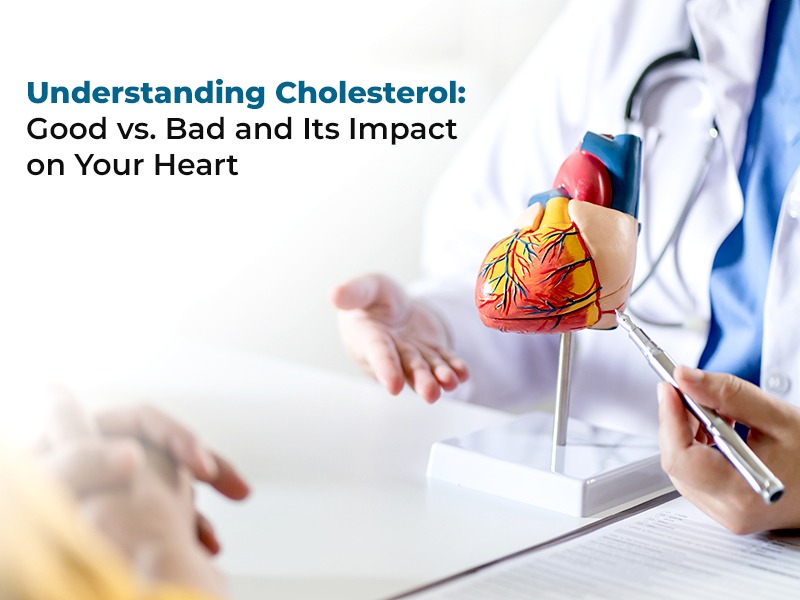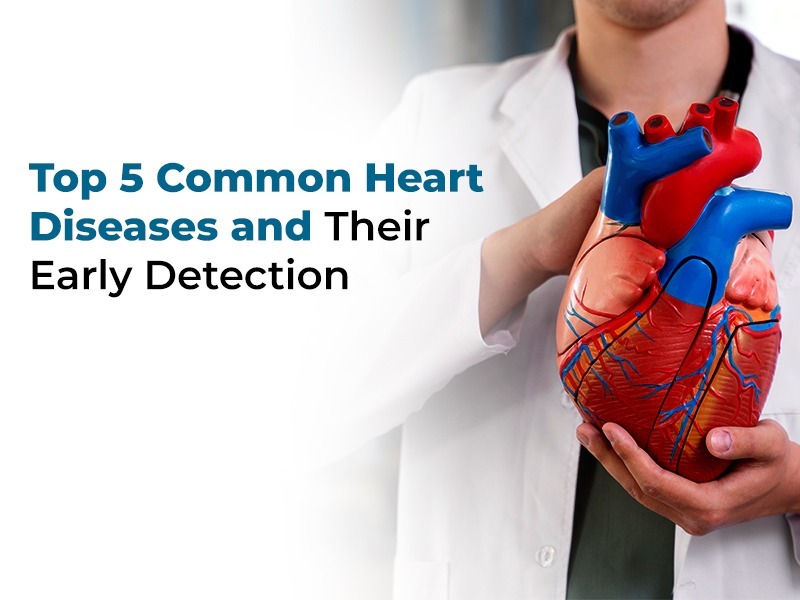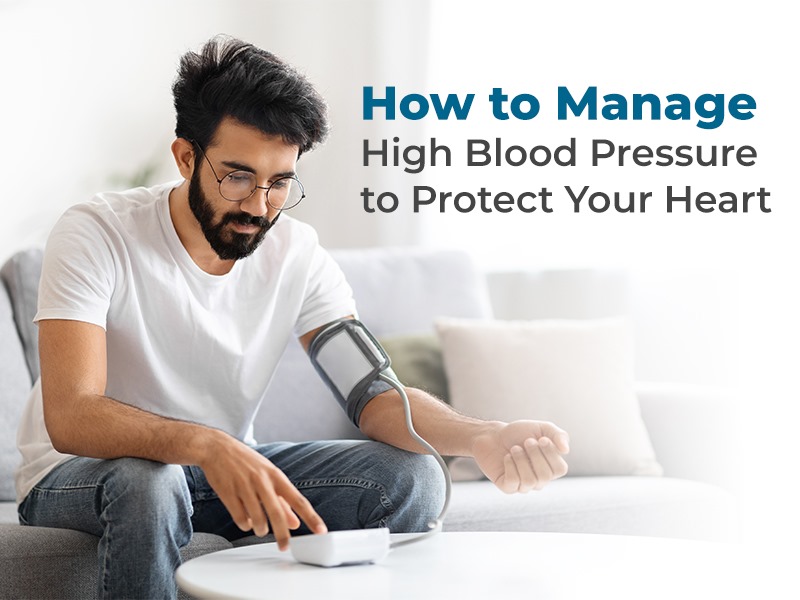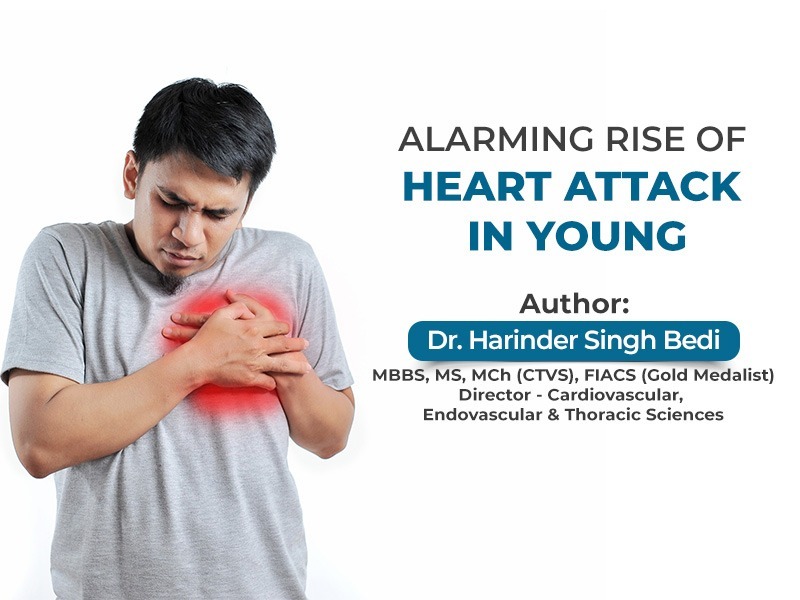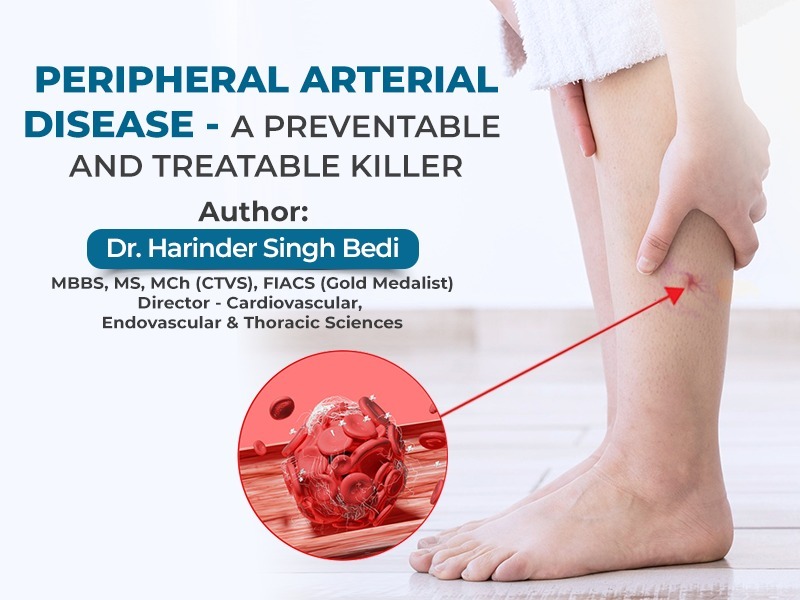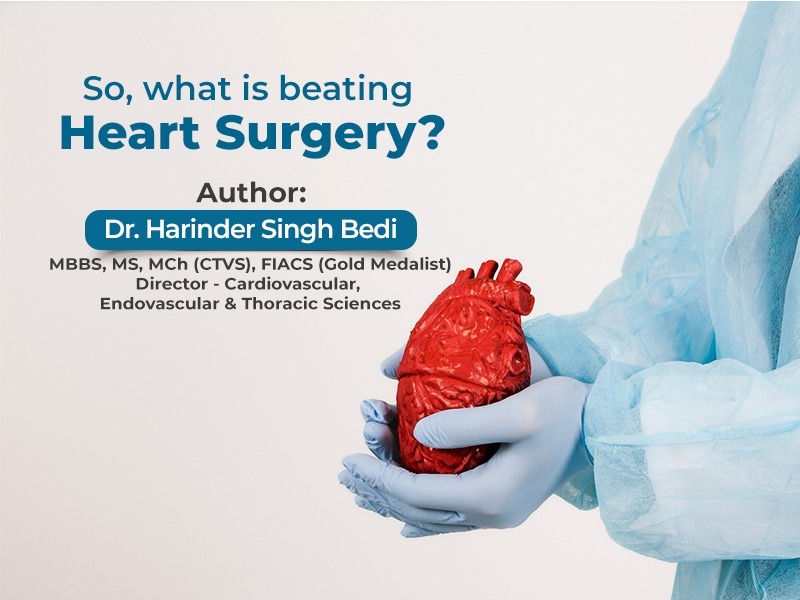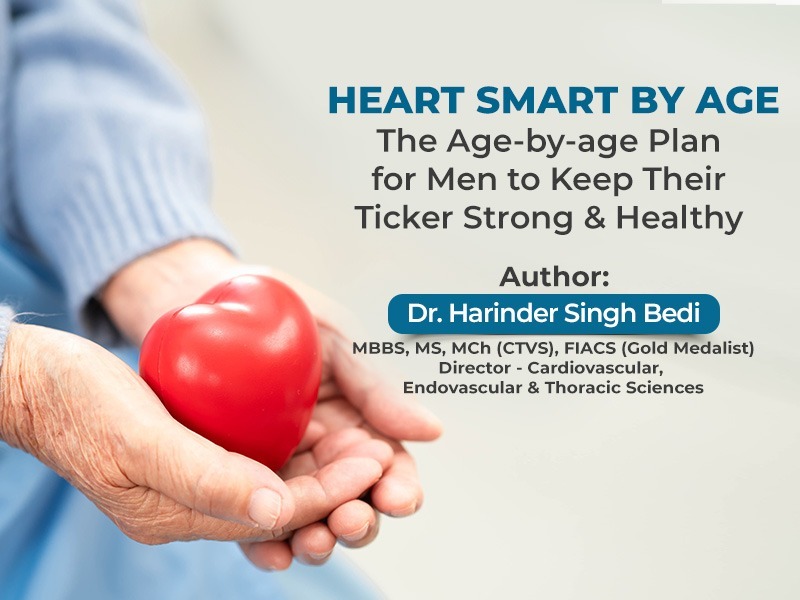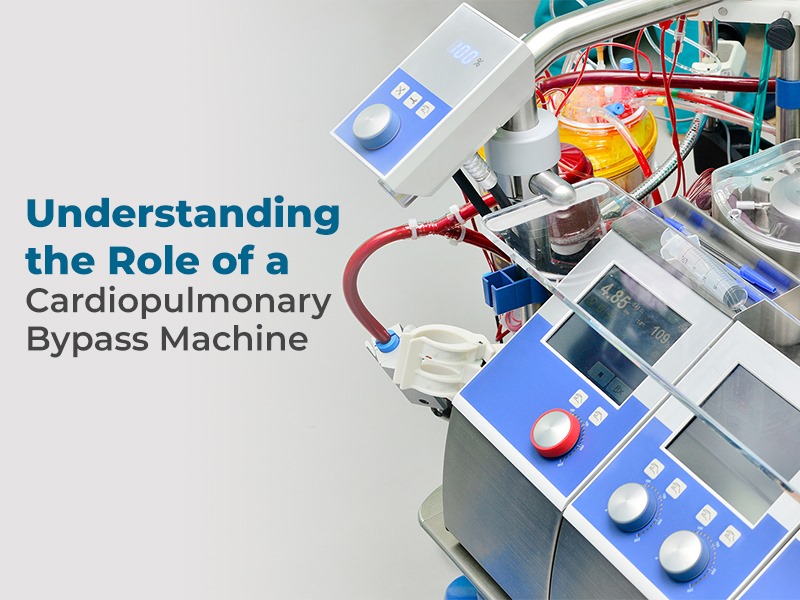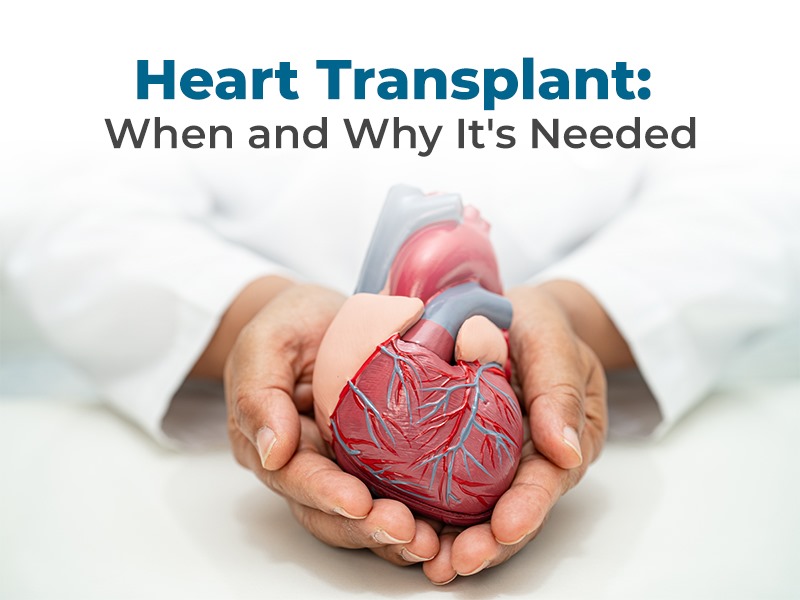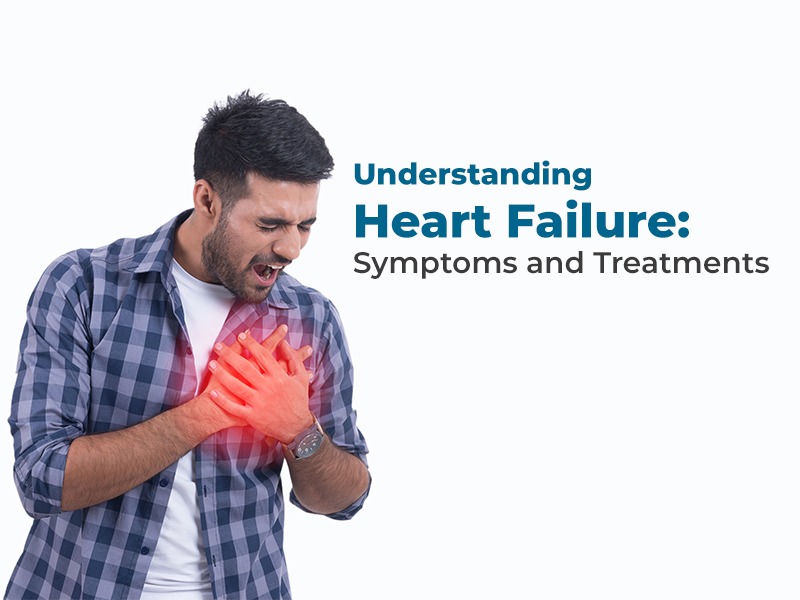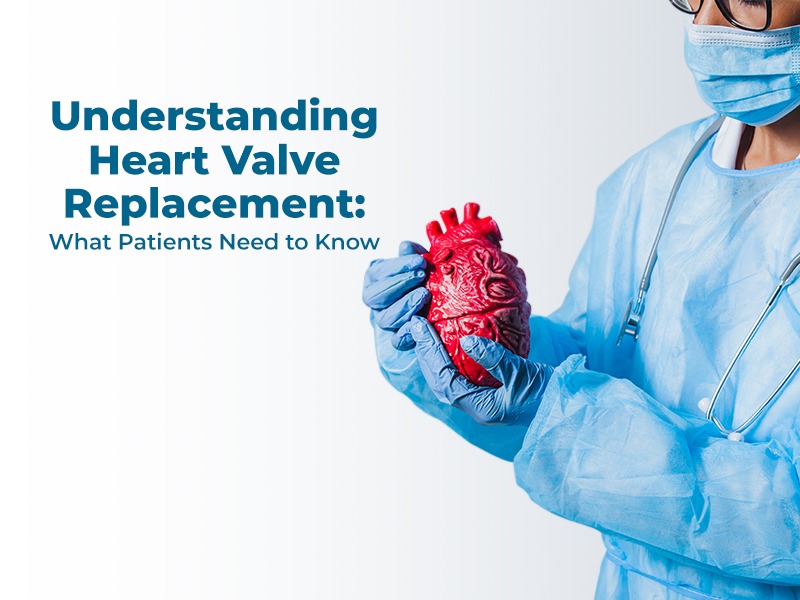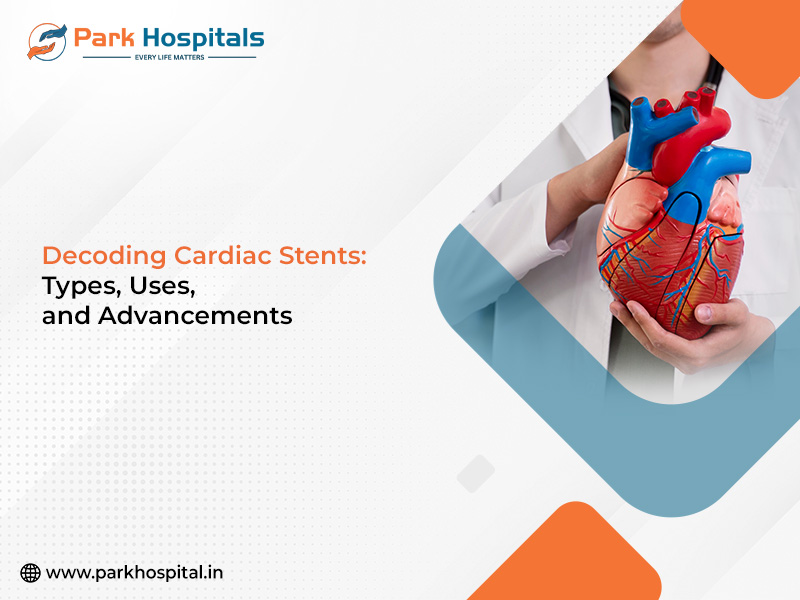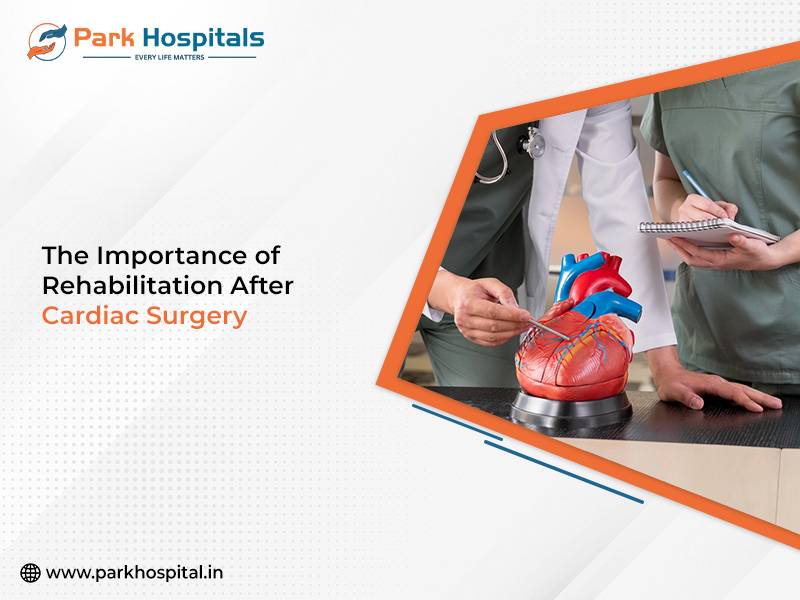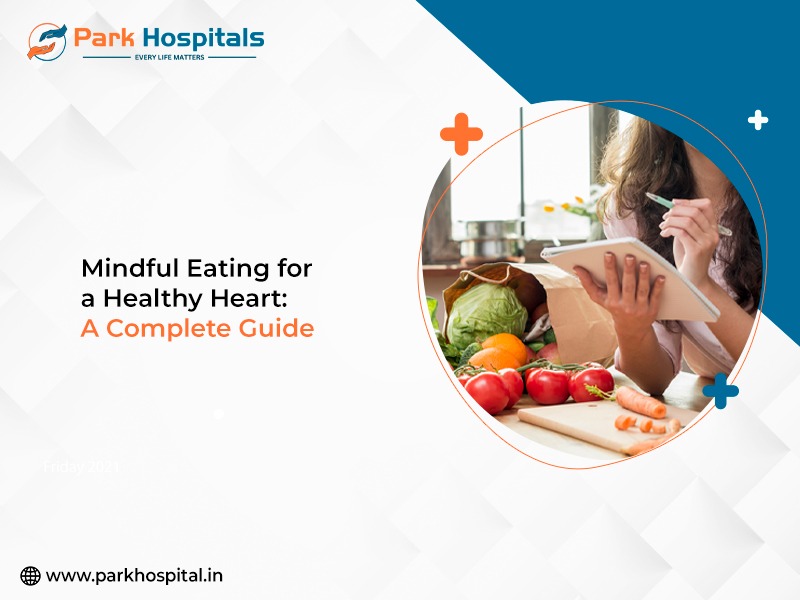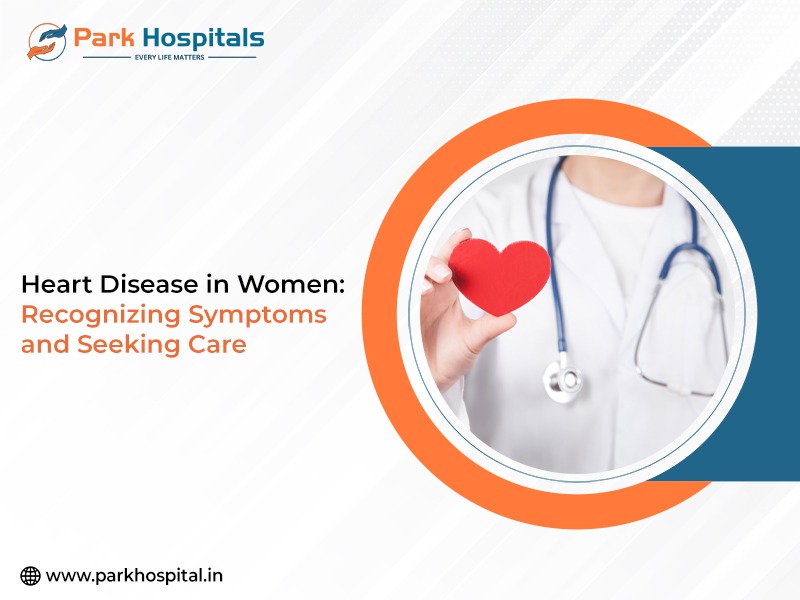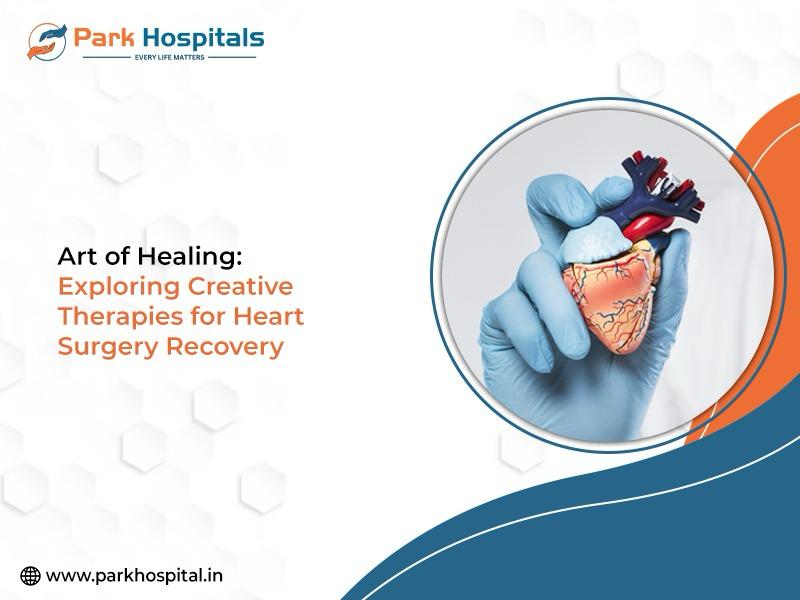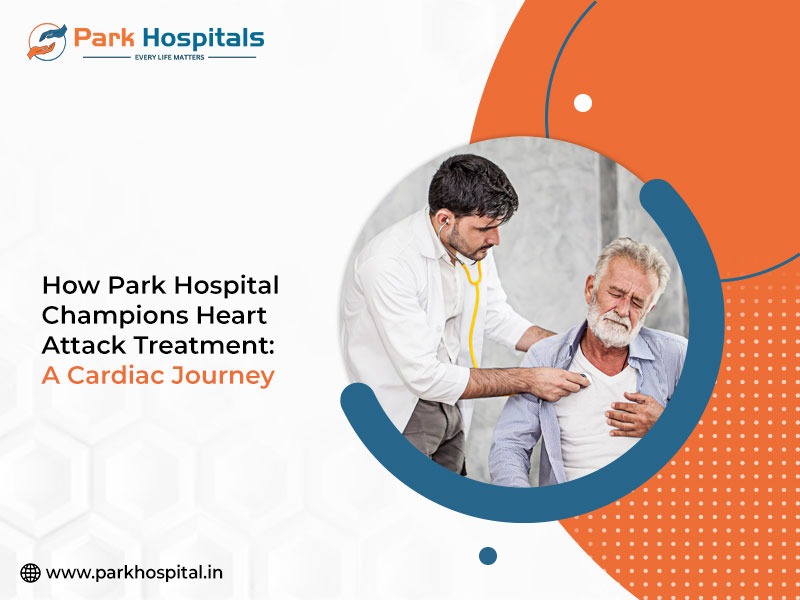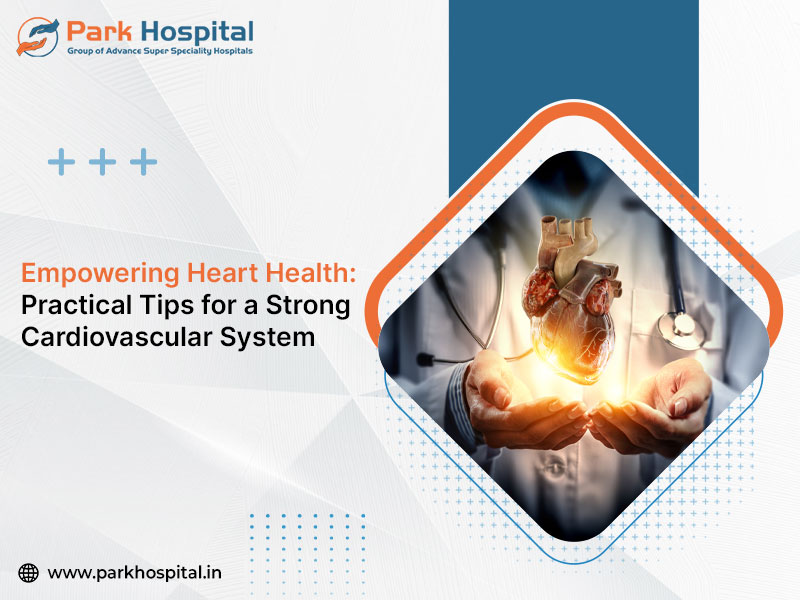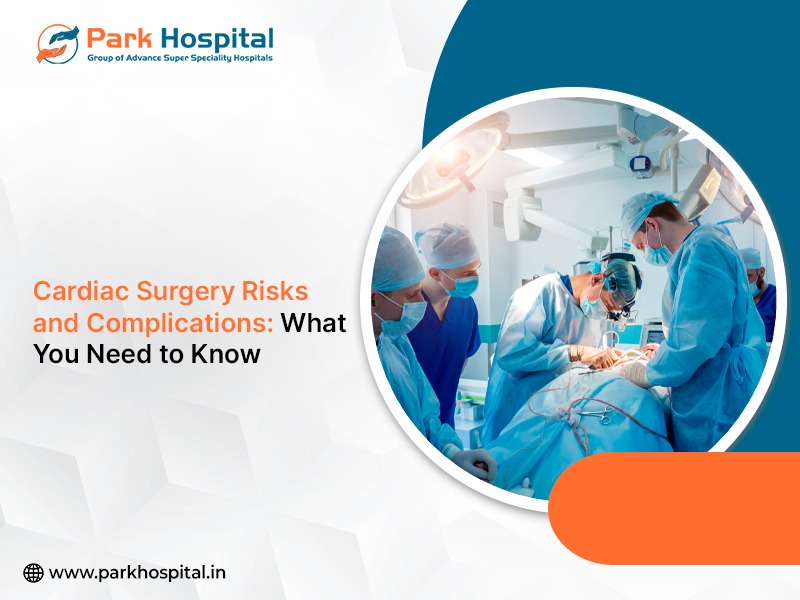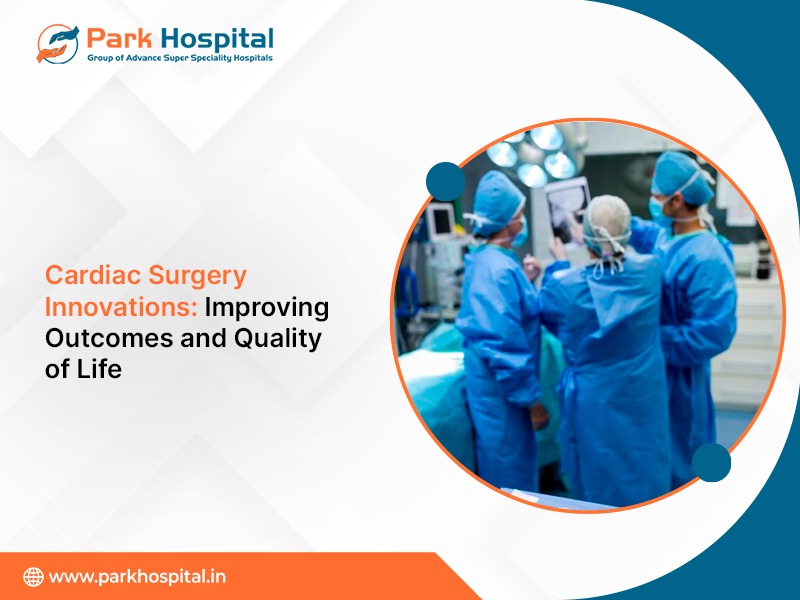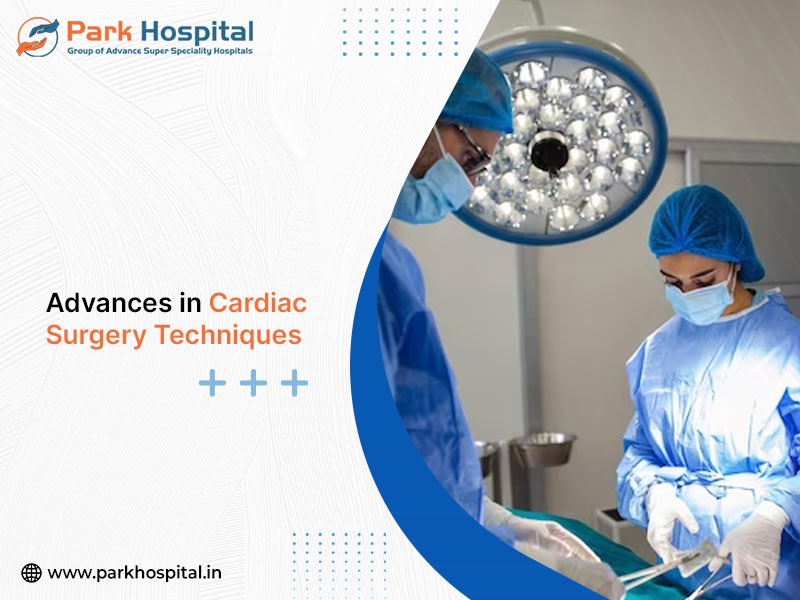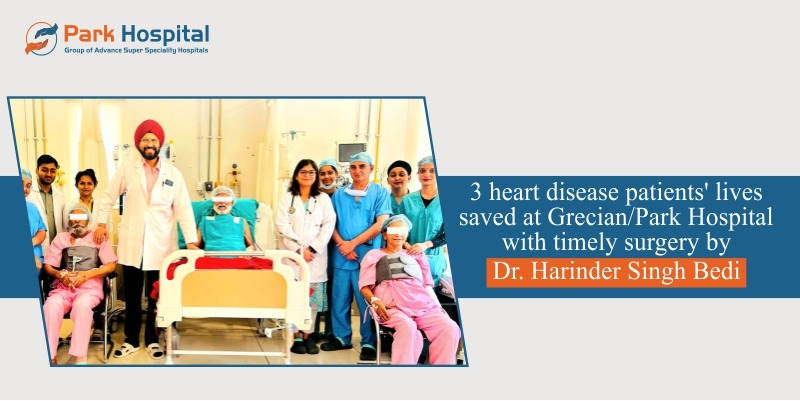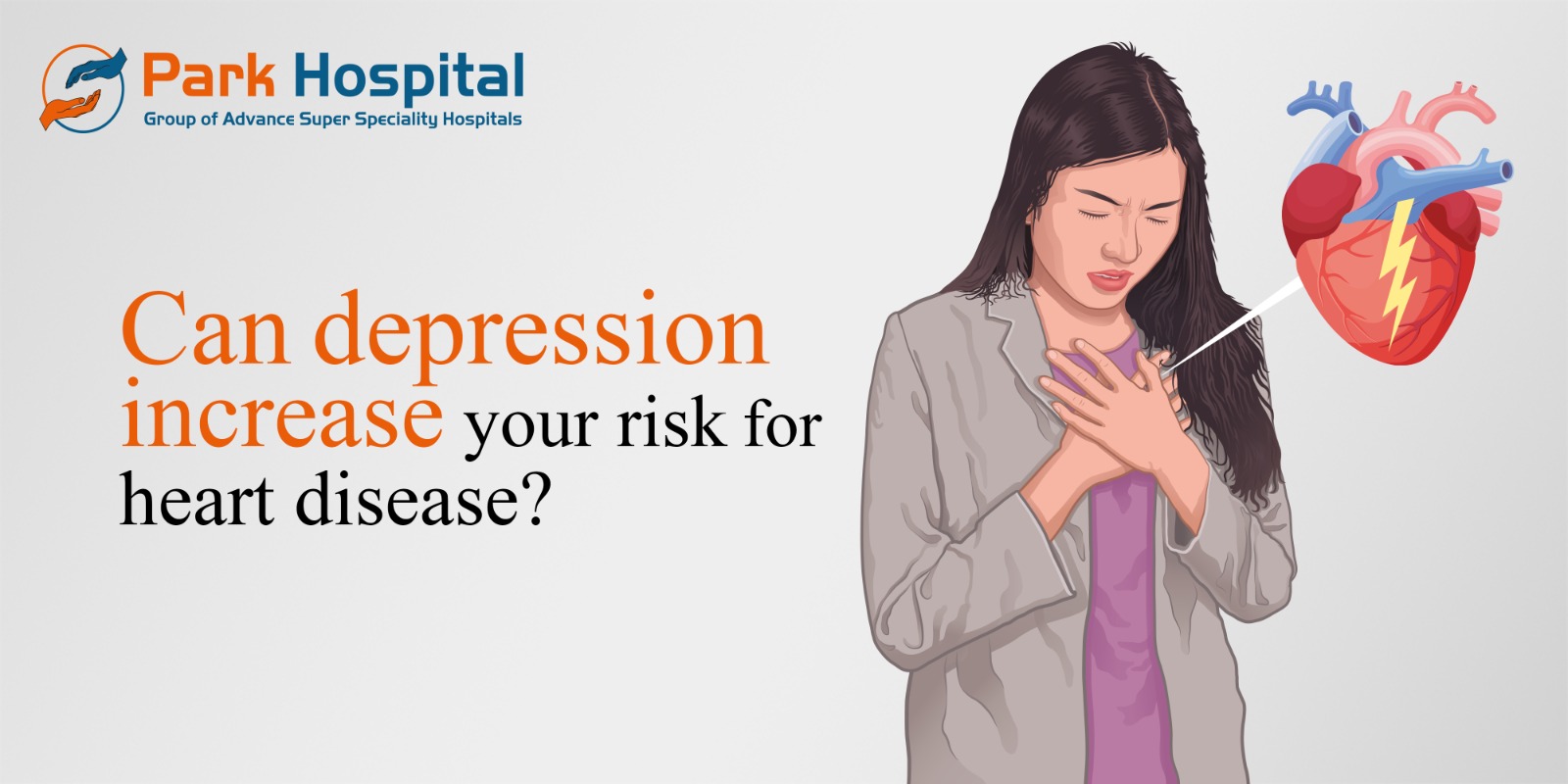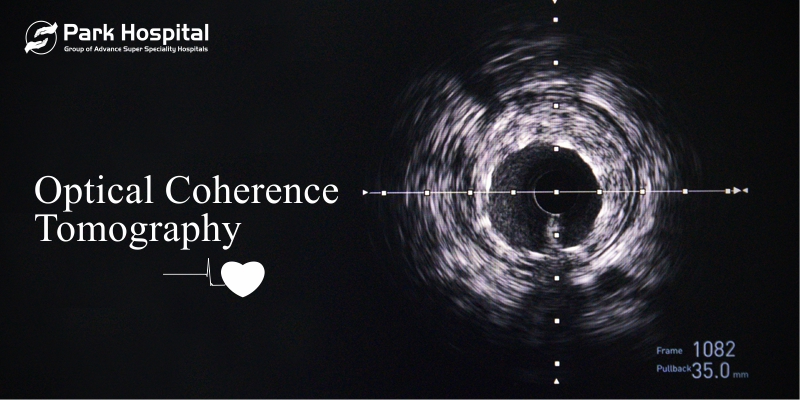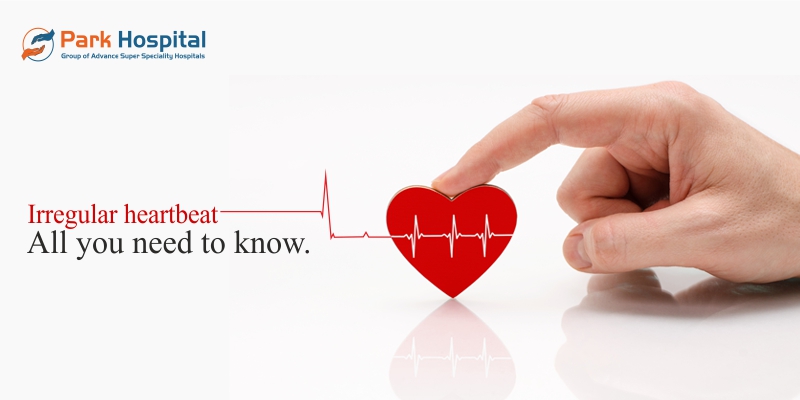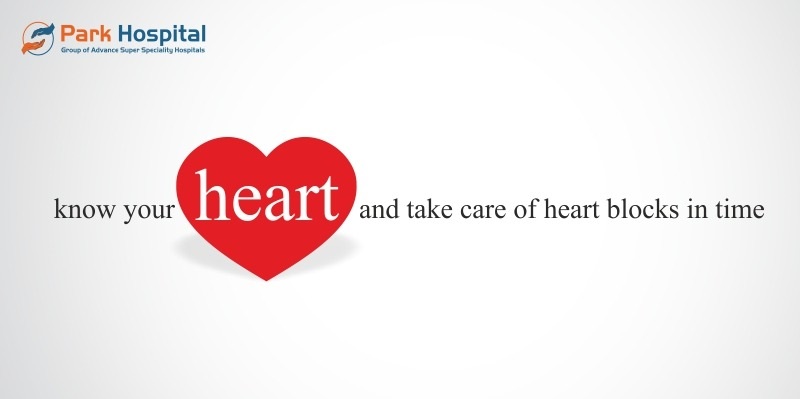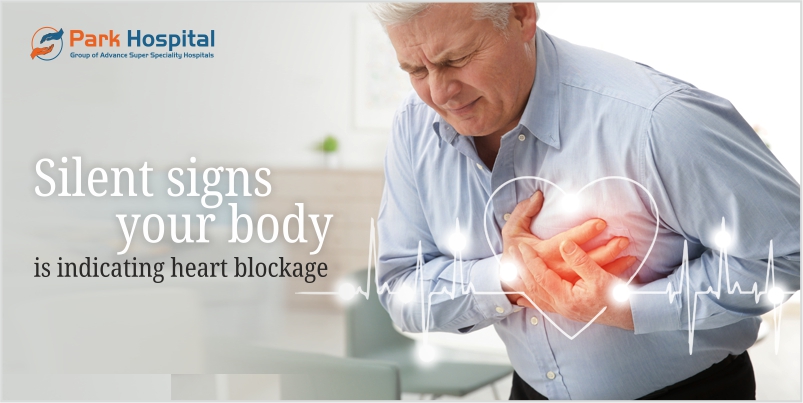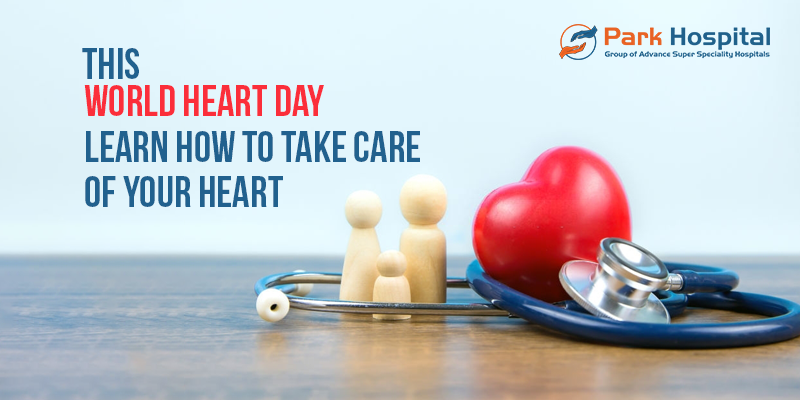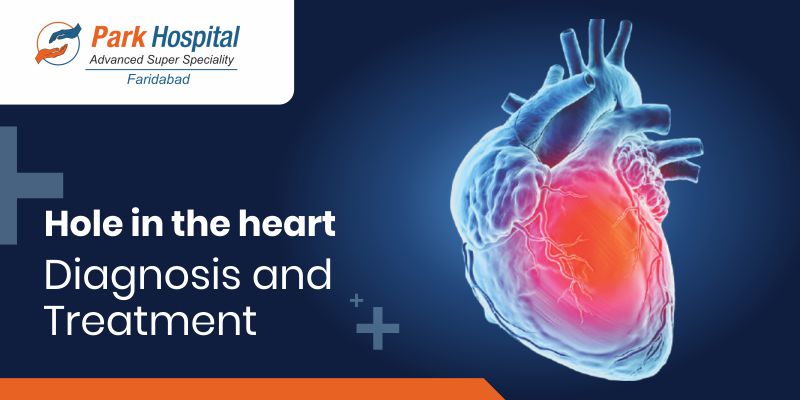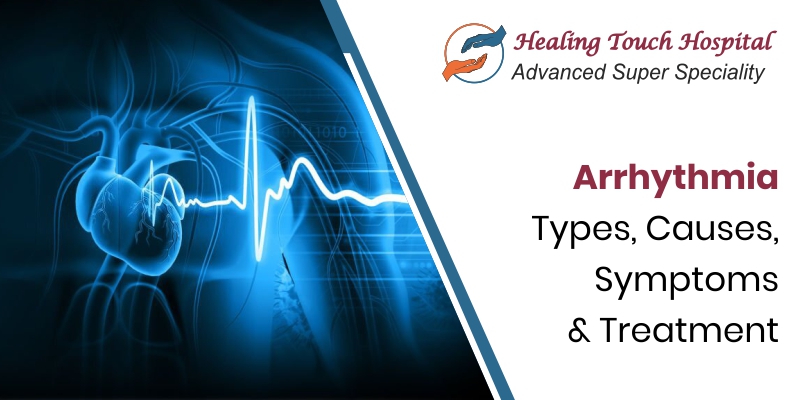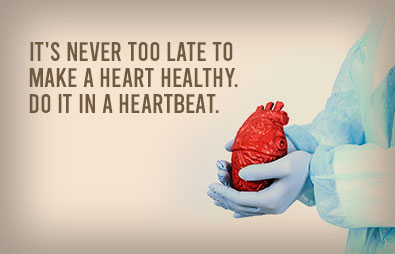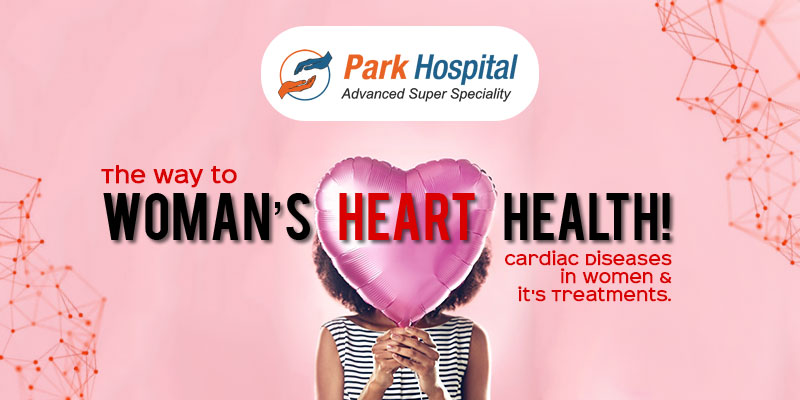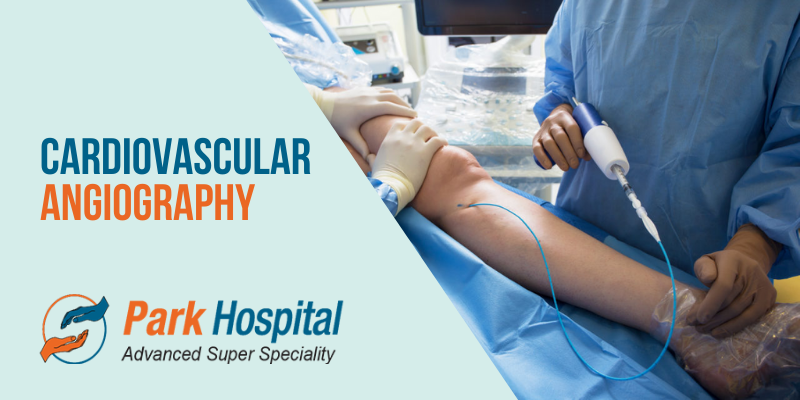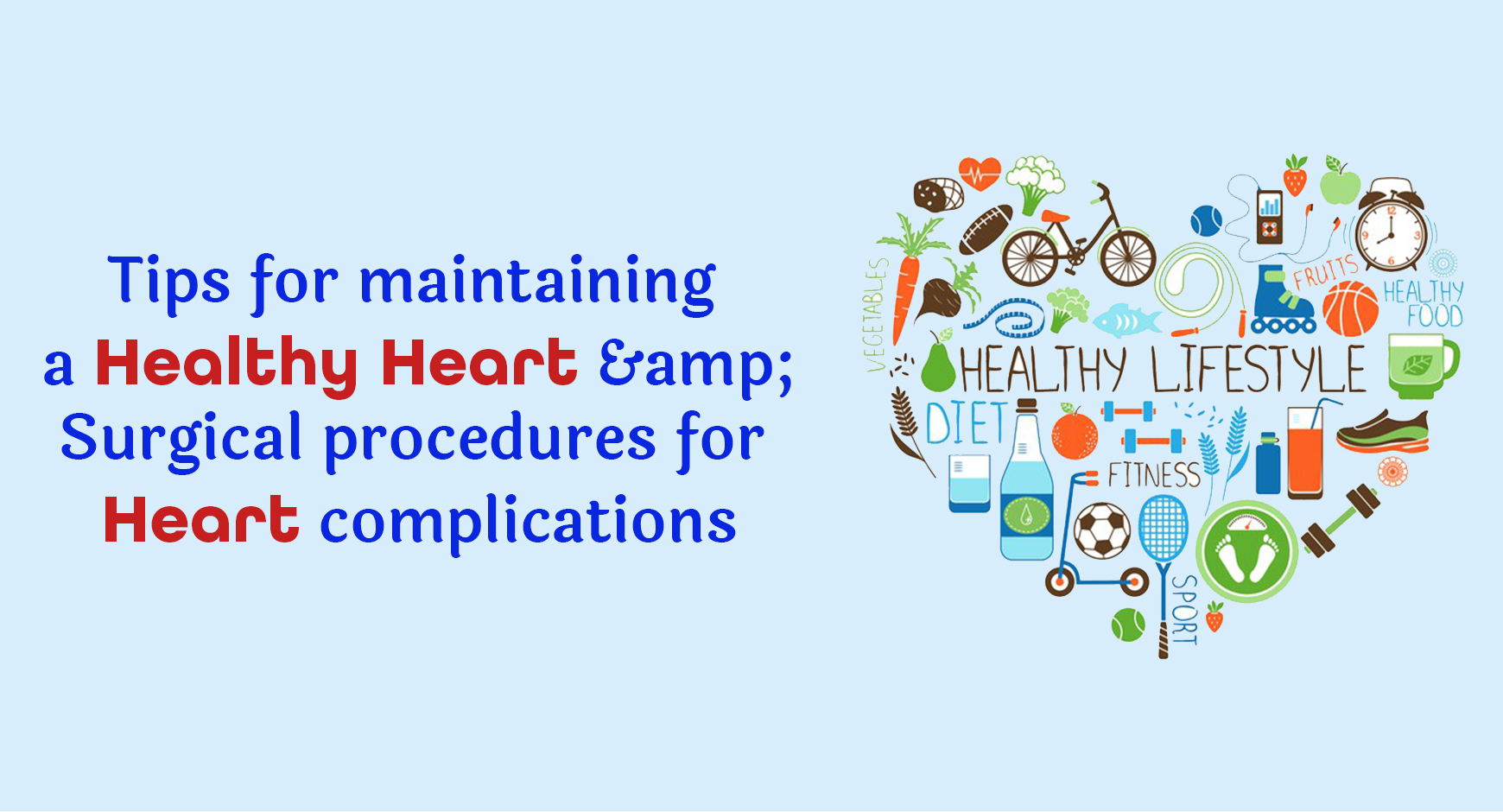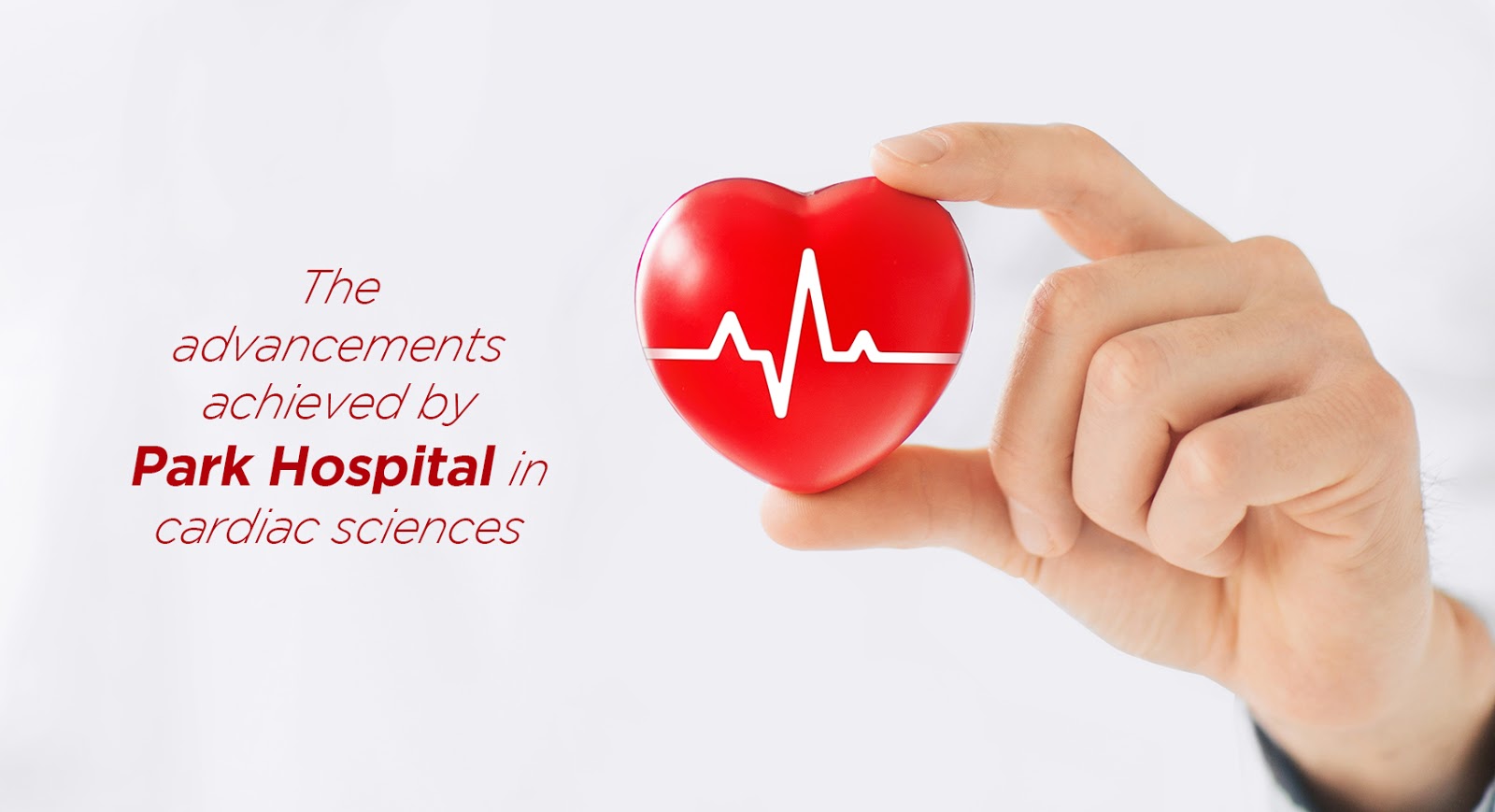Heart disease is the major cause of death across the world. In India, cardiovascular diseases account for nearly 28% of all deaths, and the risk continues to grow due to lifestyle changes, stress, and unhealthy diets. But you may want to know how to prevent heart attack? All you need to do is change your daily habits and certain lifestyle choices.
So, keep reading to learn some medically backed tips from top cardiologists, so you can stay healthy, active, and far from the emergency room.
Top 10 Doctor-Approved Tips to Prevent Heart Attacks
Heart attacks don't just occur overnight. They occur as a result of years of hidden damage from poor diet, unhealthy habits, and neglecting medical conditions. Here are simple, heart doctor-recommended habits to lower your risk and keep your heart healthy:
Eat More Heart Healthy Foods
Choose leafy greens, berries, tomatoes, fatty fish, nuts, and olive oil to have a balanced diet. High fiber and omega-3 fats lower bad cholesterol and reduce artery inflammation. Minimise trans-fats, refined carbs, and sugary drinks.
Keep Blood Pressure in the Safe Limit
Hypertension doubles heart attack risk by thinning artery walls and increasing plaque growth. Monitor BP monthly. Aim below 120/80 mm Hg with salt reduction, daily exercise, and physician-prescribed medication if necessary.
Move Your Body Daily
30 minutes of brisk walking, cycling, or swimming strengthens the heart muscle, increases “good” HDL cholesterol, and controls weight. You can also split your exercise into three 10-minute sessions.
Spot Heart-Attack Signals Early
Classic heart attack symptoms include crushing chest pain, arm or jaw ache, shortness of breath, cold sweat, or sudden nausea. Women may feel only fatigue or back pain. Call the emergency immediately within five minutes, since each second matters to save your heart.
Quit Tobacco and Alcohol
Tobacco damages blood vessels and reduces oxygen supply. It promotes plaque buildup in arteries, increasing heart attack risk. Excess alcohol raises blood pressure, triggers irregular heart rhythm,s and weakens the heart muscle over time.
Manage Stress and Depression
Chronic stress increases the production of cortisol, raises blood pressure and sugar. Practice deep breathing, meditation, or a daily hobby. See a counselor if you're depressed or anxious for over two weeks, as it also damages your heart health.
Sleep and Hydrate Wisely
Getting seven to eight hours of good sleep keeps your arteries constantly repairing themselves and your hormones in check. Also, experts suggest you drink 2–3 liters of water to make the blood circulate and not become too thick, which would lead to clots in the future.
Track Your Weight, Waist, and Cholesterol
Abdominal fat releases inflammatory chemicals (adipokines) that destabilise artery plaques. Keep waist below 90 cm (men) or 80 cm (women). Schedule an annual lipid panel to monitor cholesterol and detect issues early.
Book Proactive Check-ups with Experts
Annual ECG, lipid profile, and stress tests detect silent disease if you are diabetic or have a family history of heart disease. Consult the best heart specialist in Delhi to avail expert advice and access to the latest diagnostics.
Build an Emergency Plan
Know where the closest cath lab is located. Have your cardiologist's number and the ambulance number saved in your phone. Train your family to recognize signs and administer CPR right away.
Protect Your Heart Today For a Healthier Tomorrow!
Your heart works 24/7, and it deserves the best care. Simple habits, such as balanced eating, regular activity, stress control, and managing blood pressure, go a long way in keeping it healthy. If you’ve been wondering how to prevent heart attack, remember it starts with small, consistent changes.
Noticing warning signs or living with multiple risk factors? The cardiac team at Park Hospital is here to help with timely evaluations, expert advice, and a prevention plan. We are a preferred choice for many patients as the best heart hospital in Delhi. So, book your appointment today.
Also Read About: Recognize Heart Attack Symptoms Early
FAQs
What are the main causes of heart attacks?
The primary cause is a blockage of the coronary artery by a cholesterol plaque clot. Increased blood pressure, increased LDL cholesterol, smoking, diabetes, obesity, and stress also enhance this risk.
What are early warning signs of a heart attack?
Look for pain in the chest spreading to the arm, jaw, or back. You might first feel short of breath, sweaty, nauseated, dizzy, or very tired if you are a woman.
How can I reduce my risk of heart attack?
Eat a diet rich in vegetables, fruits, whole grains, and omega-3s. Exercise briskly for 30 minutes most days. Keep blood pressure, cholesterol, and blood sugar in target range. Quit tobacco, limit alcohol, and manage stress.
Can young adults have heart attacks?
Yes. Genetics, smoking, uncontrolled hypertension, diabetes, high cholesterol, drug use, or congenital artery problems can trigger heart attacks even in people under 40.
How often should I get my heart checked?
If you're healthy and have no risk factors, have your blood pressure and cholesterol tested every three to five years beginning at age 20. If you have lifestyle risk factors, see your doctor annually for individual tests.

